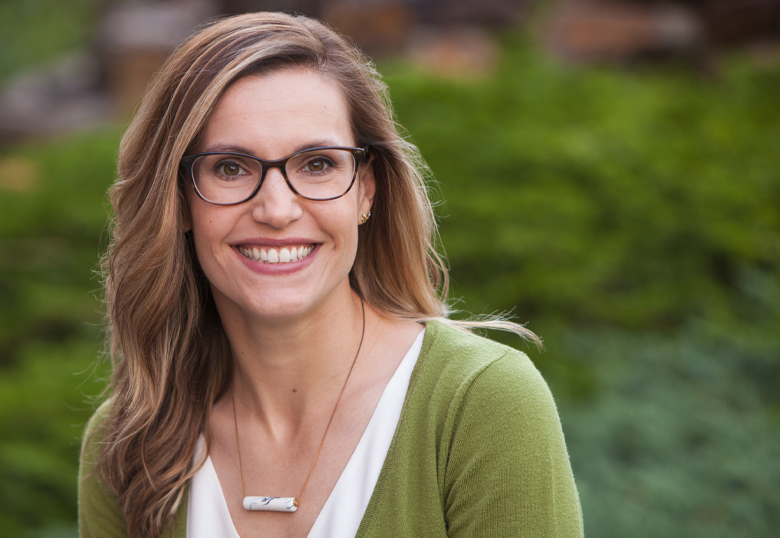What are your thoughts on medically assisted dying? What do you suppose shaped those opinions? How much might your location impact your experience with the practice? These are the types of questions a University of Lethbridge researcher and her team will be examining over the next two years.

Since the federal government legalized Medical Assistance in Dying (MAiD) in 2016, little research has been done on how the new law is affecting those in rural communities. Data from Alberta Health Services suggests there are differences in knowledge and attitudes about MAiD between urban and rural communities, but these differences have yet to be explored. Dr. Julia Brassolotto and a team of researchers have received a Social Sciences and Humanities Research Council of Canada (SSHRC) Insight Development Grant to examine ethical and policy issues related to MAiD in rural Alberta.
The project received funding in July and is currently in the ethics approval stage, after which Brassolotto and her group, which consists of Drs. Monique Sedgwick (Faculty of Health Sciences, University of Lethbridge), Duff Waring (philosophy, York University), and Sally Chivers (cultural studies, Trent University), will begin their examination of the issues related to MAiD from various angles.
“Our goal is to better understand MAiD in rural Alberta,” says Brassolotto, an assistant professor in the Faculty of Health Sciences’ Public Health program and the Alberta Innovates Research Chair in Rural Health and Well-being. “We want to understand how current policies affect rural communities and gain insight into people’s lived experiences of related ethical issues.”
Brassolotto sits on the Alberta Health Services South Zone Ethics Committee and a conversation at a meeting in 2019 identified some unexplored differences in rural communities. This got her thinking about the shortage of physicians in rural settings and the limited access to palliative care. Some people have worried that MAiD could present ethical issues specific to rural settings. For example, there may be stigma associated with providing or requesting the practice, limited privacy, or overlaps between personal and professional relationships that complicate decision-making.
Brassolotto and her team want to dig deeper and gain a clear understanding of the local policy landscape and the influences that have helped shape people’s views.
“We wanted to explore this issue from a social sciences and humanities perspective, and ask questions like, “Are your decisions made fully on your own when you are in this complex web of relationships in a small community, for better and for worse?”” she says. “We want to get away from stereotypes or assumptions about what rural residents think. We want to develop a rich understanding of people’s concerns, what’s working well, and what needs work.”
One of the interesting avenues they will explore is the role popular media has played in shaping peoples’ ideas of MAiD. Drawing from cultural studies, the group will conduct a content scan of MAiD in regional and more widespread media. How the practice is discussed in news stories, film and literature can shape public perception in urban and rural settings.
The research team involves both undergraduate and graduate students in data collection and analysis, with the group looking to begin interviews with rural residents and health-care providers early next year. They expect to speak with 25 to 30 people in all. The team’s aim is to add to the body of knowledge about MAiD by giving it some rural context.
“In terms of change that we’re trying to make, I’d like to see more context-specific policies and practices,” she says. “We can’t necessarily have a blanket policy for all of Alberta and assume it will play out the same in Calgary as it does in Bassano or Milk River, for example.”
Brassolotto is excited about the blend of social science and humanities approaches and believes the project will benefit from the involvement of a bioethicist, a nurse, a policy expert, and a cultural studies professor on the project.
